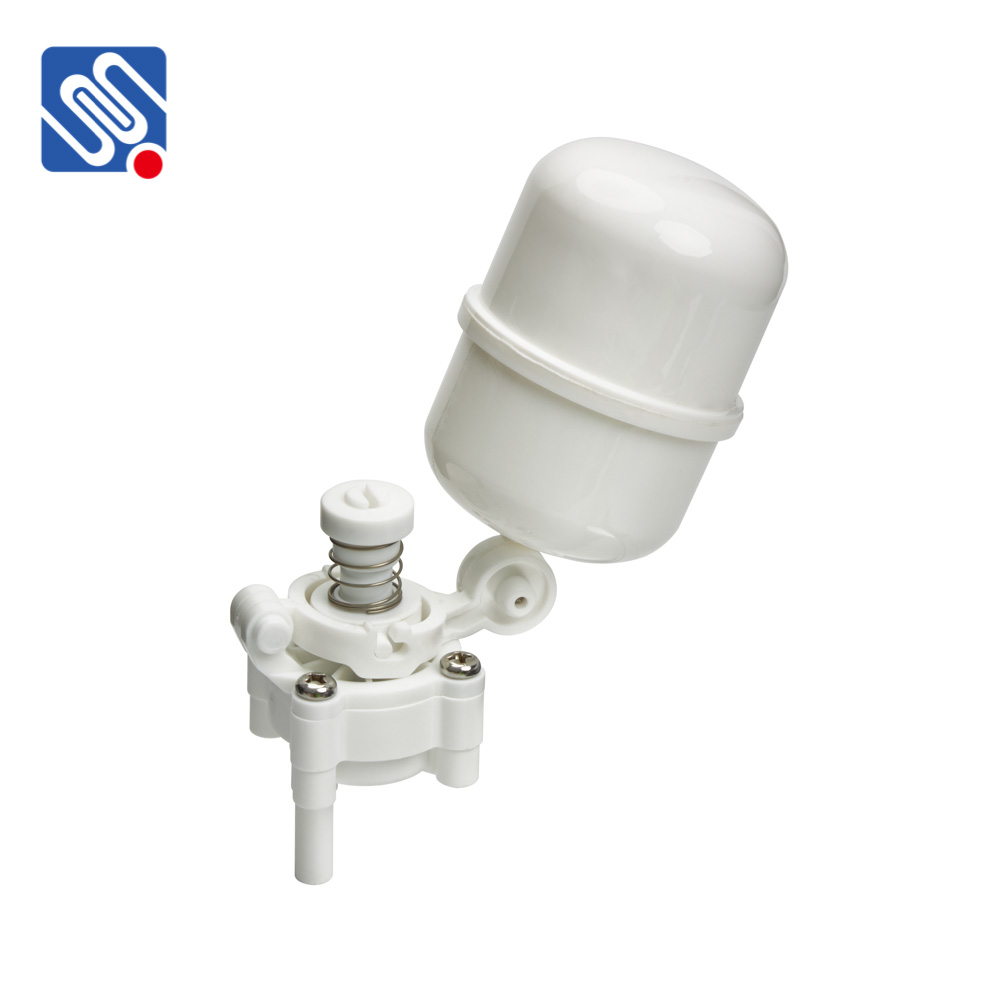Plastic valves are essential components in modern water systems, offering a practical, durable, and cost-effective solution to the challenges of water flow control. With growing demands for water management systems across residential, industrial, and agricultural sectors, the need for reliable and cost-efficient valves has never been greater. This article explores the significance of plastic valves in water systems, highlighting their advantages, types, and applications.

What Are Plastic Valves? Plastic valves are made from a range of synthetic materials, including polyvinyl chloride (PVC), polypropylene (PP), and polytetrafluoroethylene (PTFE). These materials are selected for their exceptional durability, resistance to corrosion, and lightweight nature. Plastic valves are commonly used to control the flow of water in a variety of settings, ranging from household plumbing systems to large-scale industrial and agricultural installations. Compared to traditional metal valves, plastic valves offer several distinct advantages, making them increasingly popular in water system applications. The lightness and ease of installation, along with their ability to withstand harsh conditions, have led to their widespread adoption in water distribution and management.